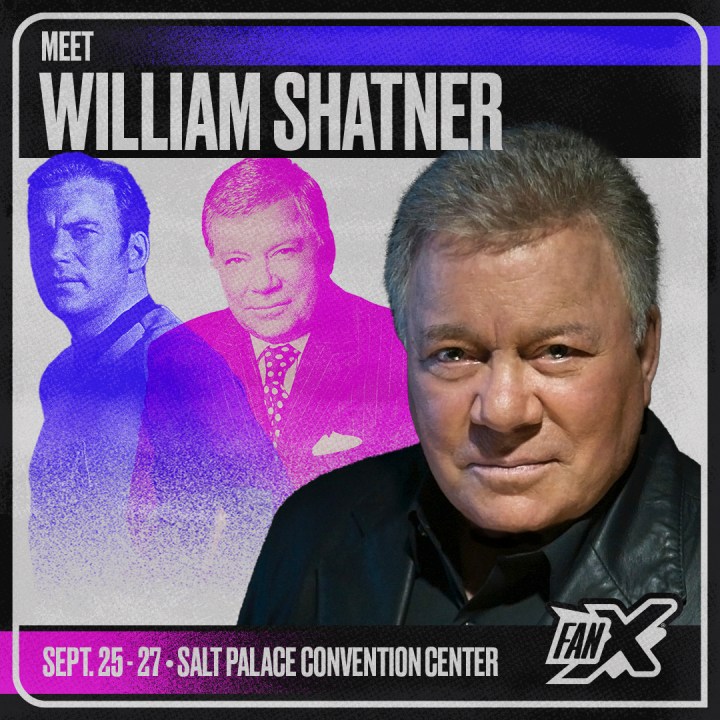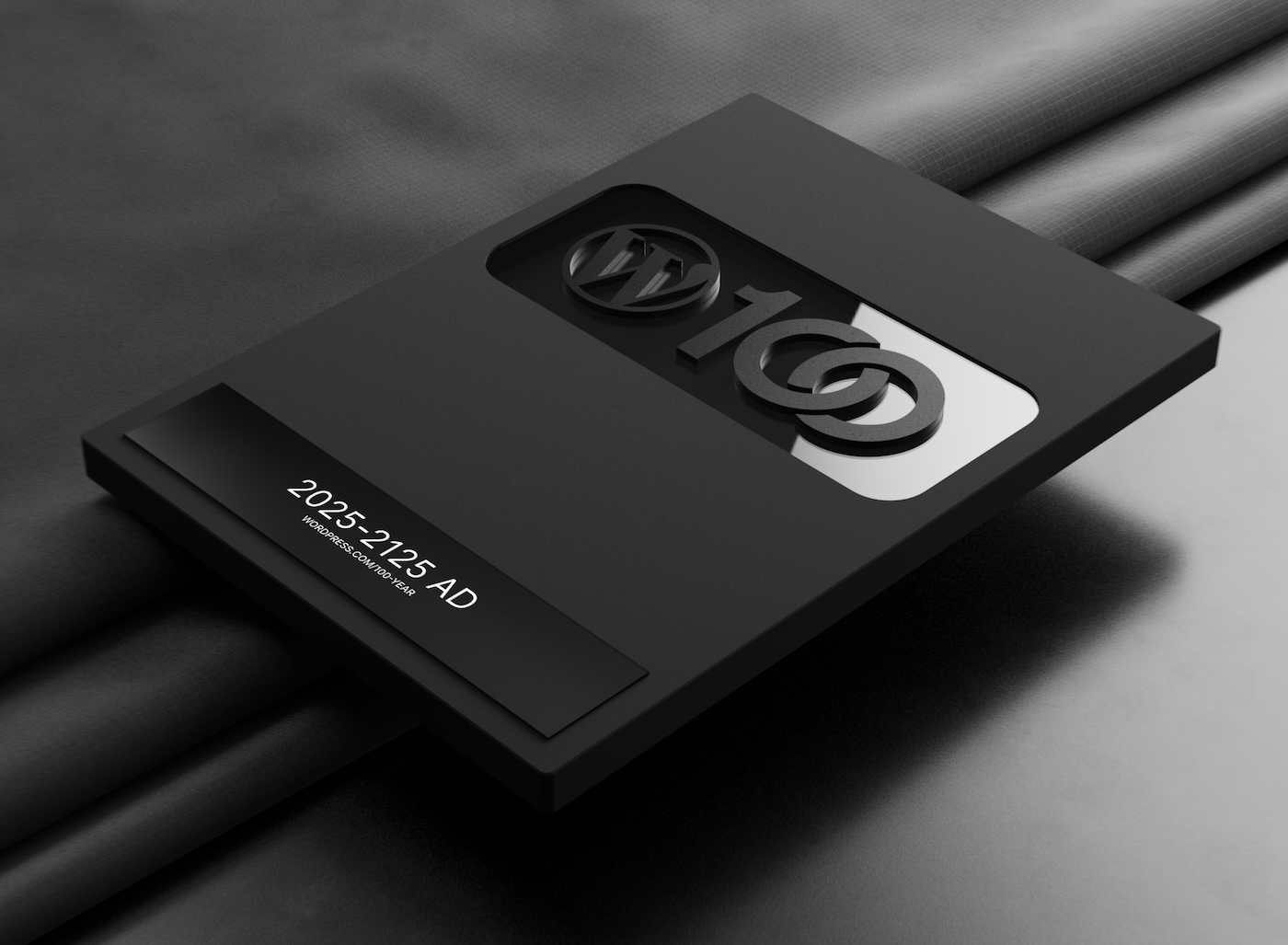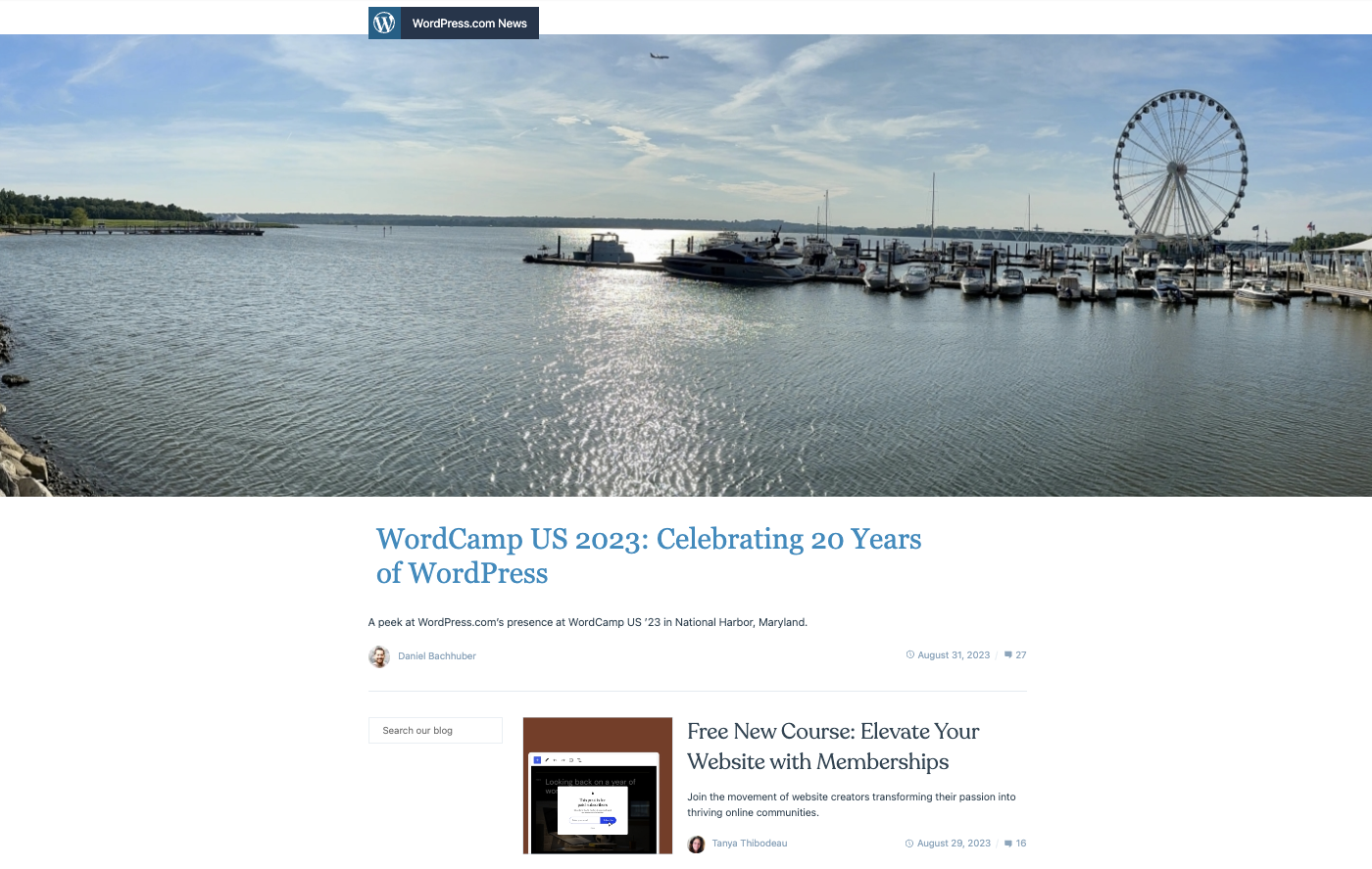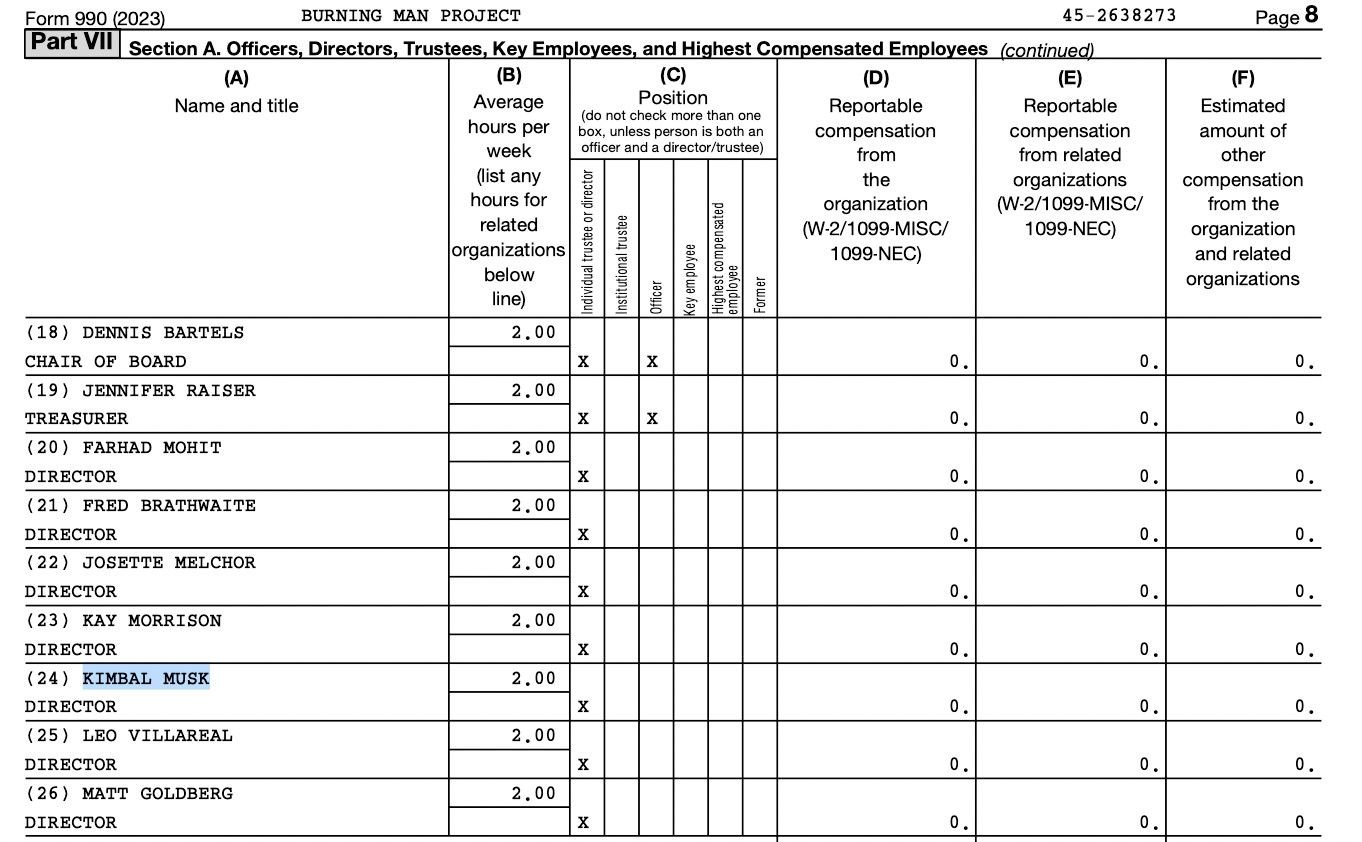When you buy through links on our articles, Future and its syndication partners may earn a commission.
The rumors about Intel and TSMC forming a semiconductor production joint venture have spurred significant reactions among analysts, the industry, and politicians. Needless to say, it was natural for Intel employees to react to the information, too. Joseph Bonetti, Principal Engineering Program Manager at Intel Corp., wrote his personal opinion in a LinkedIn post that the company is about to reclaim its process technology lead and gain customers among fabless chipmakers in the coming years, so handing TSMC control of Intel’s manufacturing would be counterproductive (Edit: the post has now been deleted).
“Intel Leaders, Intel Board, Trump Administration, please do not sell out and/or give control of Intel Foundry to TSMC, just as Intel is taking a technical lead and getting out of first gear. This would be a horrible, demoralizing mistake,” wrote Bonetti.
Contrary to reports suggesting it lags behind a key competitor, Bonetti argues, Intel is making significant advancements in semiconductor manufacturing. The company’s latest fabrication process, Intel 3, is already used to make Xeon 6 data center processors, while the company’s next-generation Intel 18A is nearing completion and is expected to be used to make Panther Lake processors for client PCs later this year. Meanwhile, TSMC’s equivalent process technology — N2 (2nm-class) — will only enter mass production phase in late 2025.
Intel is also ahead with its High-NA EUV initiatives. The company acquired two ASML Twinscan EXE machines and is the only chipmaker that has experience working with such tools. Despite financial struggles, Intel Foundry is poised to prove itself with major partners, which makes any potential deal that hands control to a rival a major strategic error.
Many claims in recent reports misrepresent Intel’s progress, stresses Bonetti. Some suggest TSMC engineers are needed to get Intel’s latest process technologies to work, but Intel 3 has been in mass production for months, and Panther Lake, made on Intel 18A, is already sampling with laptop manufacturers.
Intel 18A and TSMC N2 both introduce gate-all-around transistors, but Intel’s fabrication process includes an additional breakthrough: backside power delivery, which promises to improve efficiency and performance and give Intel’s products an edge over those made by TSMC.
The Intel engineer reckons that Intel Foundry is currently unprofitable due to massive investments in facilities and equipment, and it has yet to win contracts from major external customers. However, early adoption by Microsoft and Amazon signals confidence in Intel’s capabilities. If these efforts succeed, more industry leaders may shift production. To that end, ceding control of Intel Foundry to TSMC would neutralize Intel as a competitor and harm U.S. leadership in the semiconductor industry.
#Intel #principal #engineer #bemoans #potential #TSMC #takeover #touts #companys #18A #tech #advantage











Leave a Reply